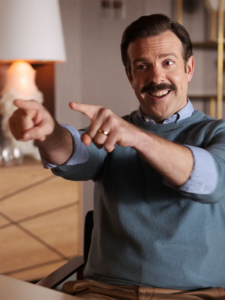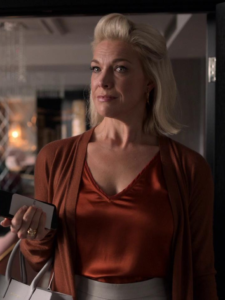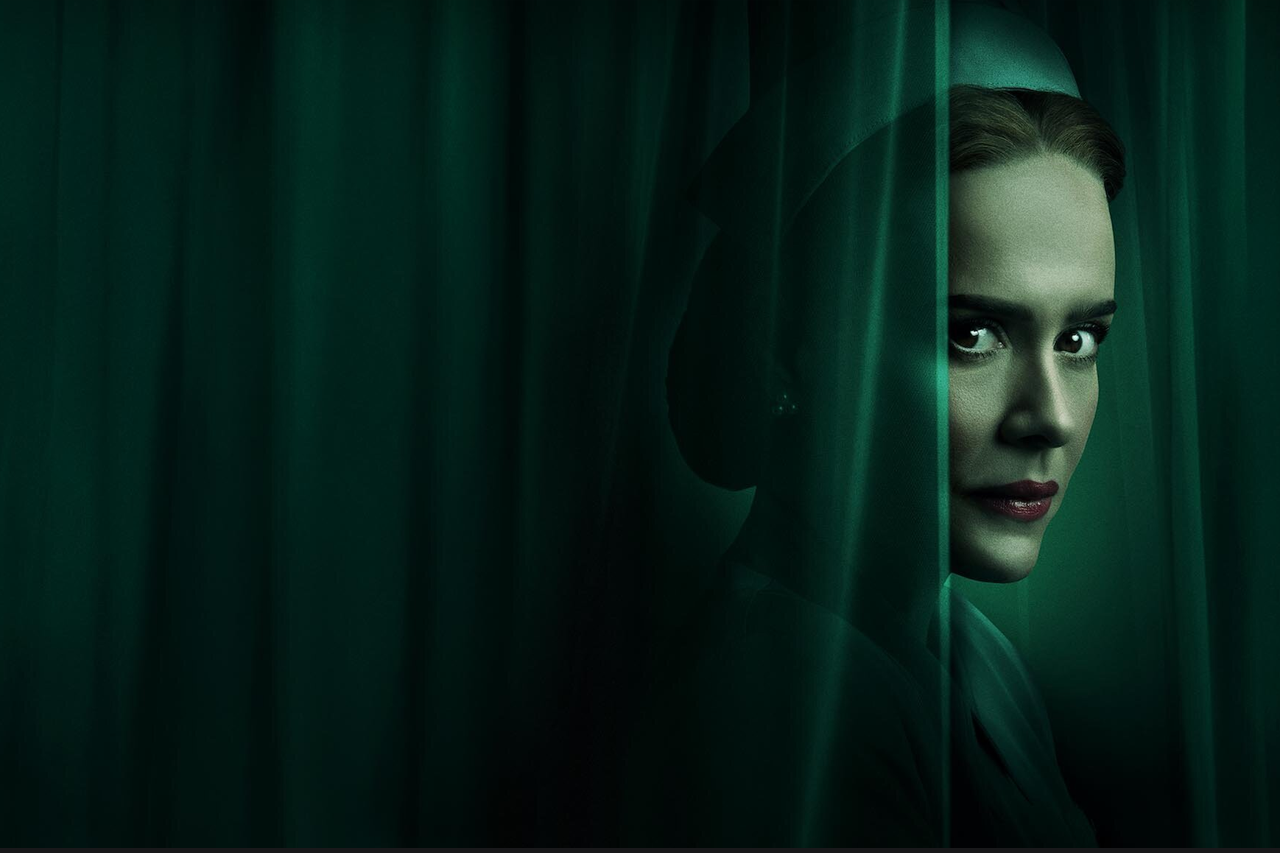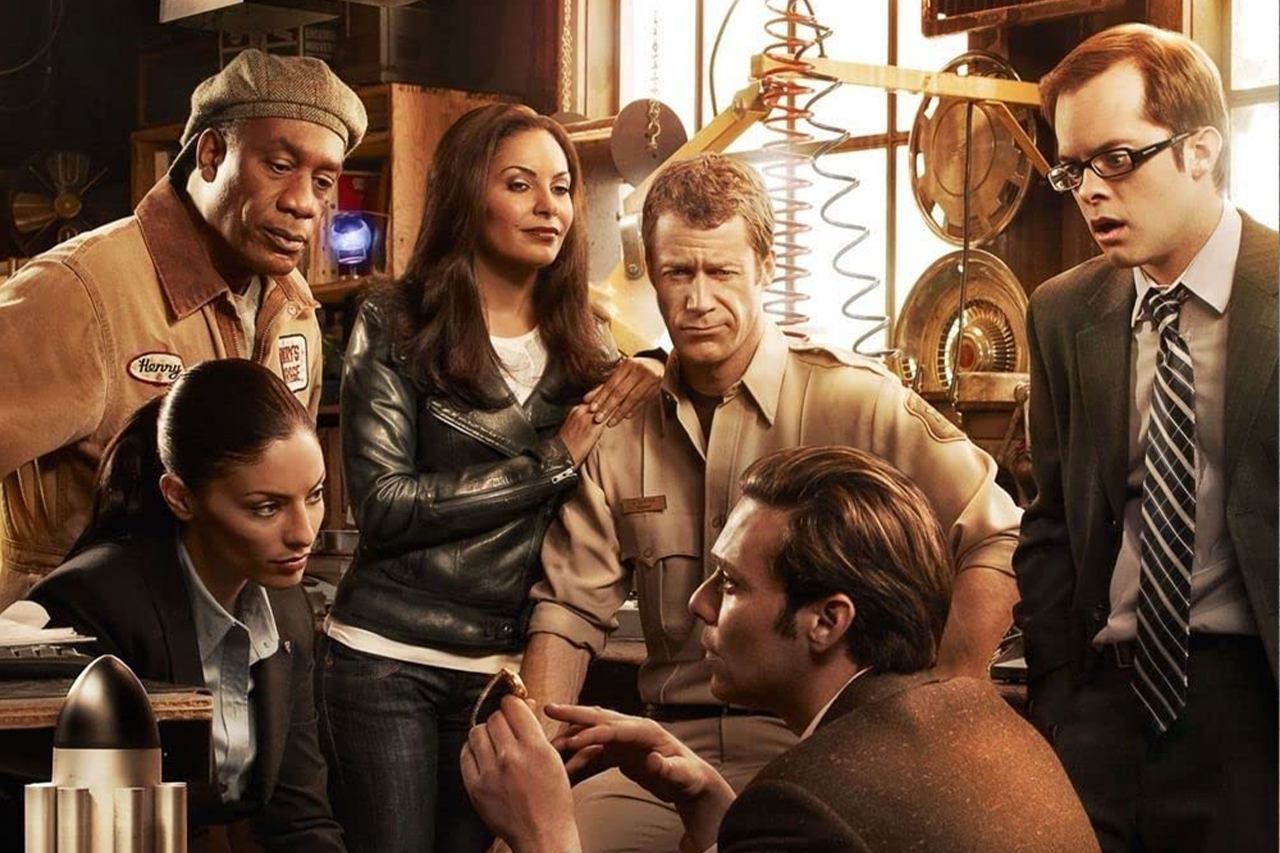Ted Lasso is a comedy show created for the streaming platform Apple TV+ that aired in August 2020. Although it seems to not have made much noise, almost all its viewers seem to agree on its excellence, undoubtedly thanks to its endearing cast, heartwarming humour, and well-crafted characters.
Plot
Ted Lasso, an enthusiastic and over-affectionate college football coach from Kansas, uproots his life and moves to England after being recruited to coach Richmond’s professional soccer team AFC Richmond, despite lacking any previous coaching experience in soccer. His unique approach will end up changing the minds of even the most sceptics.
Review
Ted Lasso’s first TV appearance, as played by Jason Sudeikis, was through a series of humorous ads for NBC Sports’ coverage of the Premier League titled An American Coach in London, probably a play on the classic black comedy horror film An American Werewolf in London.
These advertisements – the first of which you can take a look at below – portrayed a much different version of the spirited coach that those who have seen the TV series will definitely find in contrast with the final product.
The Ted Lasso from the promos is an obtuse, and not particularly open-minded, stereotype of the egotistical football coach that most people outside of the U.S. probably expect from any given American sports personality.
But aside from a few jokes lifted directly from the promos, the Ted Lasso the viewers have come to know and love is a far cry from the former portrayal that was presented.
Sudeikis’ new Ted
The premise for Ted Lasso’s story seems fairly simple: an American football coach is suddenly dumped way out of his element to coach soccer instead, a sport he has no familiarity with whatsoever and that he doesn’t particularly understand either.
It becomes very easy to believe that someone so unprepared would take such a risk when we meet the coach in question. Ted Lasso is not deterred by a challenge but if the ads made it seem that the reason for that might be American bull-headedness, we soon find out that the TV show’s character’s driving force is, instead, relentless optimism.
Sudeikis’ new Ted is a refreshing portrayal of what one would expect from the average sports personality, an expectation not even the show’s characters themselves are exempt from. Used to big egos and merciless celebration of physical strain as we are when talking about athletic achievement, we’re met instead with caringness and humanity.
The premise, really
Without delving into spoilers – I really want you guys to watch this show, and if keeping the spoilers to a minimum is the way to go, I’ll do anything in my power to avoid them -, we soon find out that Ted’s reasons for moving to the UK are not as simple as they appear.
Not only has he been specifically chosen by AFC Richmond’s new owner, Rebecca Welton (played by the astounding Hannah Waddingham), because she expects him to fail and the team to be relegated as revenge against his cheater ex-husband (for whom the team is everything), but he also has personal extenuating circumstances that drove him to put some distance between himself and his family.
If these motivations seem convoluted and a definite source of drama – which they are, don’t get me wrong – the way Ted Lasso deals with them has a maturity and wholesomeness to it that we rarely see on TV these days.
The sport aspect
Rebecca’s master plan is far from the only problem that pops up throughout the story. As the biggest and more prominent source of drama, the subterfuge is expectedly the last one to be addressed and even then, only when it makes things that more difficult.
Another part of the series’ drama is expectedly derived from its sports storyline: the relegation threat and the team’s fate are huge factors in how the characters strive toward their personal goals. If you’re not a fan of sports stories – and I am most certainly not, on the contrary, I have a personal aversion to soccer in particular – you should, however, not let that be a deterrent. Soccer, in Ted Lasso, isn’t but a pretext. Sure, the wins and losses of the team have repercussions on the situations of the characters and their positions in the show, but it is really the way the characters live the sport and the difficulties it presents that make for the core of the story.
The sport functions as the place where they meet and know each other, but the drama that derives from that is a wholly un-sporty one. The characters deal with jealousies, insecurities, personal relationships that are exacerbated by the sport element but dealt in more or less full separation from it. The only time soccer acts as the main driving force of the conflict is at the end, as would be expected, when the final and most important match takes place and even then, it only makes for a small portion of the screentime of the final episode.
Dealing with drama in an adult way
What truly makes Ted Lasso different from any other comedy that infuses its story with clever drama is the way it deals with conflict. All the misunderstandings, rivalries, ploys, and expedients that drive the conflict between the characters of Ted Lasso are treated appropriately, they build and build throughout the story, but not in the way we’re used to.
Instead of bringing forth all these elements into a recipe that doesn’t bake until the last possible minute and only ends up blowing in the faces of its characters, the show makes a point to demonstrate that conflict doesn’t have to be over-exerted to be interesting. The characters have several things going on with them that present in a stream throughout the season’s run, the drama is subtle, but it is there and it’s not driven by the cheap cliché of uncommunicativeness but it’s funny because it’s real. It gets inflated like a balloon and then, just like a balloon, it evaporates in the funny whistling noise of the overblown, all the while making sure it becomes a way for the characters to grow.
For a comedy show, Ted Lasso is impressively introspective in the way it asks its grown-up characters to act as, well, grown-ups.
Ted’s contagious compassion
It’s almost immediately apparent that Ted’s unerring optimism is but a symptom of his compassion. Ted can’t be deterred in any of his endeavours not because he’s stupidly stubborn and certain in his abilities, but because he’s optimistically compassionate and commits himself to not only be a better person and coach but to believe that others have that capacity too.
Through his eyes and his efforts, even the most unbearable character of the show starts displaying and developing a humane maturity that makes him a better fit for the team. The entire point of the show is belonging to said team, not because of the colour of the uniform, but because every time the characters take actions to be better people, that also makes them better people to be around.
The characters start from a place where they don’t understand each other and we as viewers have a specific idea of who they seem to be, and both notions are put into question as we get to know them better. The compassion Ted Lasso gives the people around him ends up not only being returned in kind by his fellow characters but becomes the way we also see the show as a whole.
The silly, but wholesome, humour
The most common criticism that has been extended toward Ted Lasso is that its jokes are seldom funny. I can’t speak for other people’s sense of humour, different people find different things funny after all, but I do believe that the reason a lot of critics didn’t find Ted Lasso funny is that its humour isn’t snobbish and/or cheap as a lot of other current TV shows tend to do.
The humour of the show doesn’t stem from well-crafted, sophisticated, and long-winded jokes, most of the times it’s unexpected and instantaneous and almost always derived from the absurdities of each character’s personality but not any less clever for that. Ted often makes fun of himself just by being aware of the type of person he is, and other jokes either come from the haughtiness of the characters or their intrinsic idiosyncrasies. The humour is silly, it doesn’t come at the expense of others unless it’s harmless and a way for it to matter in their growth, and overall it is just very, very wholesome.
Dani Rojas (played by Cristo Fernández) repeating over and over that “Football is life” is funny instead of annoying because he’s visibly sincere about it and begrudging him for it would be, put very simply, cruel. When Roy Kent (played by Brett Goldstein) displays emotional softness, it doesn’t take anything away from his strength and his tough outer appearance, it makes him funny because it is flawlessly integrated and it makes sense in the role he takes in the team. Juno Temple’s Keely Jones with her sexual humour isn’t vulgar, it’s blunt and empoweringly crass. All of it, every instance of light humour in the show, is a refreshing respite from the humour that tends to humiliate that we often see in other comedies. Ted Lasso is quite clearly and insistently not about that at all.
I will admit that there were a couple of spit-takes I would have gladly done without but on the whole, I feel like saying that Ted Lasso isn’t funny either means that you don’t have a soul or, more likely, that I really, really cannot imagine the kind of things you find humorous.
The emotional displays
As much as the jokes make sense in Ted Lasso because they are installed in an intrinsically human way of the characters to be – people are contradictory and act in silly ways, we find it funny in them because we recognise it in ourselves – so do the displays of emotionality.
They are realistic and have an incredible payoff. When the characters are vulnerable with each other in the show, that vulnerability is rewarded instead of mocked and makes for a satisfying resolution or an interesting motivation for the conflicts.
The actual portrayals of the emotional moments aren’t overdone and burnt to a crisp just to make them feel bigger, they feel big because they are at times subtle and extremely personal to the characters. You can clearly feel and understand what the characters are struggling with because the show constructs a detailed baseline for who they are. We feel for them because we’ve gotten to know them. It’s not an easy feat for a show that has to juggle a significant number of players at the same time.
Comfortingly comedic
What has been said until now should be enough to make you want to check out this show. Personally, when I first gave it a try, I wasn’t expecting much. I don’t like sports stories, I specifically do not like soccer – and have, in fact, been called a traitor to my country for calling it that instead of football -, my previous idea of Jason Sudeikis’ humour was one of childish, vulgar, and pretty much annoying jokes from what I consider subpar comedy movies. Let’s just say I wasn’t thrilled at all by what I was expecting and I only gave it a try because the recommendation came from a friend whose TV and cinema tastes I consider flawless.
I am so glad I was wrong. I have rewatched the show at least three times, and have embarked on a fourth rewatch just while writing this review, I will literally take any excuse I can to go back to it as it has fast become a comfort show in my life.
In the end, the real reason why Ted Lasso manages to shine in what has been an extremely overcrowded consumption of television content thanks to the boredom and seeming unendingness of this pandemic is, plain and simple, the fact that the characters are likeable, the story is simple enough not to overshadow their relationships, and the whole thing is just extremely endearing. Plus the conflict is relatively low-stakes in the face of a series of real-life circumstances that really aren’t.
If I still haven’t managed to convince you to give Ted Lasso a chance, let me at least say this: the episodes are only thirty minutes long, and there’s only ten of them. What’s the harm in watching just the first one and, in case you don’t like it, stop watching it after that (but fingers crossed over here that doesn’t end up being the case)?
Final thoughts
There’s very little else I can add at this point. I’ve made it entirely clear that my answer to the question Should I watch Ted Lasso? is a confident and unwavering yes. I could give you more than one example of people I recommended this show to who were initially unsure whether to give it a try or not and ended up loving it just as I said they would but I won’t be doing that, I’ll just let its renewal status speak for itself.
Ted Lasso was, in fact, renewed for a second season only days after its premiere, and for a third one even before airing its second which will be coming out this July 23rd. I can’t say I don’t agree with Apple TV+’s decision and I definitely can’t wait for July (and the new episodes) to arrive just so I can get back to the little dorky family of soccer – and soccer-adjacent – characters that has warmed its ways into my heart.
I do ask our readers to promise me one thing: if any of you should end up watching – and loving – Ted Lasso, you have to let me know! You have to leave a comment under here or make friends with me on social media because I am dying to share this criminally underrated show with other people.
In the meantime, here’s the trailer to give you a first small look into what to expect.













